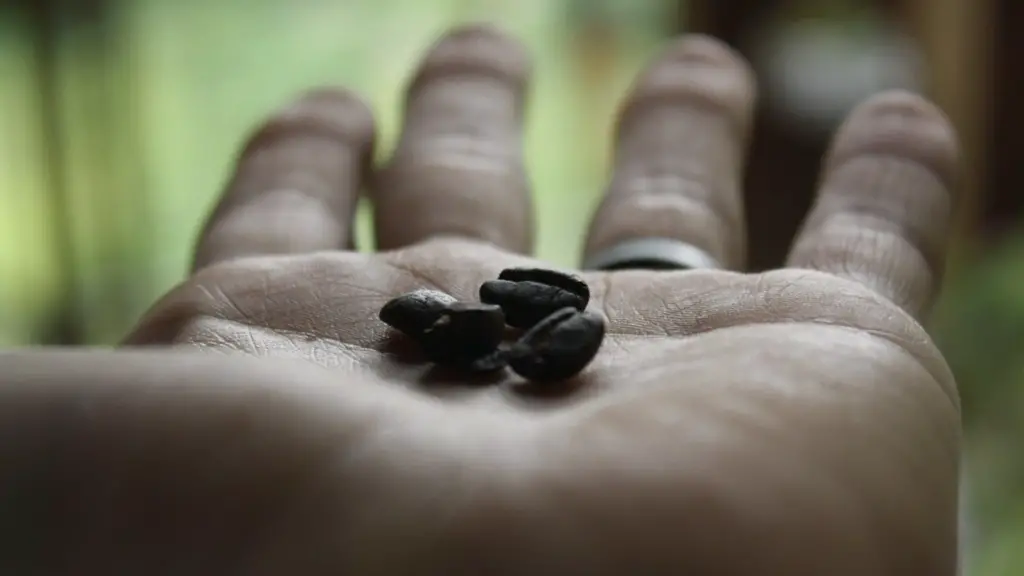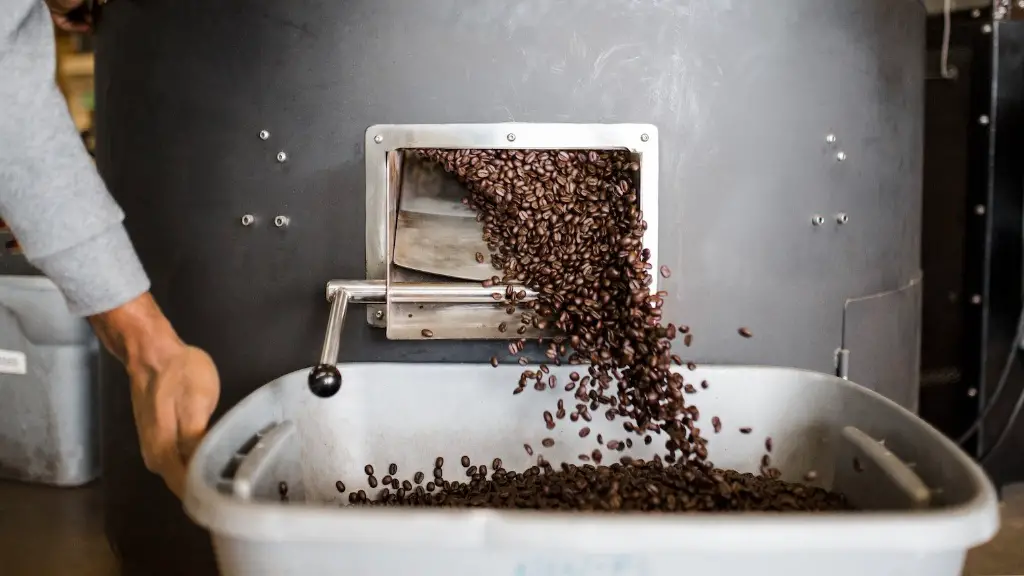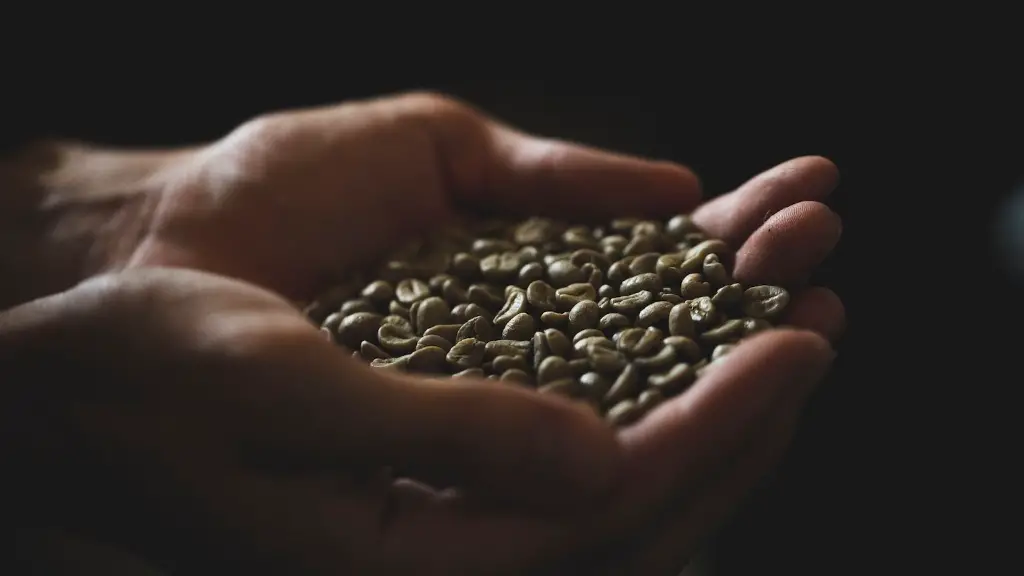Coffee Consumption Benefits
Coffee has long been an integral part of many people’s lives, providing energy and alertness to get through the day. But people often wonder how many cups of coffee they should drink a day. While the answer to this question ultimately depends on how much caffeine an individual body can tolerate, it is important to consider the health benefits and risks associated with drinking this highly caffeinated beverage.
Studies have shown that regularly consuming coffee can improve cognitive performance and help fight against certain diseases, such as type 2 diabetes and certain types of cancer. Caffeine is a widely used stimulant, and regular use has been linked to improved alertness, reaction time, and concentration.
Moreover, according to a study by the Harvard T.H. Chan School of Public Health, people who drink up to four cups of coffee per day have a lower risk of stroke, heart failure, and death from any cause, when compared with those who do not drink any coffee.
Extra caution should be taken when drinking coffee. Caffeine is known to have an addictive quality, and too much of it can lead to a range of unwanted side effects, including headaches, nervousness, insomnia and even heart palpitations.
Overall, drinking one to four cups of coffee a day can have several beneficial effects on the body. For people who are sensitive to caffeine, however, these effects can be diminished or offset with the aid of other medications or lifestyle changes.
Types of Coffee Beverages
Coffee can come in a variety of forms, from traditional drip-brewed coffee to exotic espresso drinks. Drip-brewed coffee is the most popular method of making coffee, and typically involves pouring boiling water over ground coffee beans and straining the resulting liquid through a paper filter.
Espresso is another popular method, wherein pressurized hot water is forced through finely ground coffee. This method results in a strong, concentrated drink. Popular espresso beverages include lattes, cappuccinos, mochas, and macchiatos.
Cold-brew coffee is a type of coffee made by steeping ground coffee in room temperature or cold water for an extended amount of time. This method produces a less acidic and less bitter flavor compared to regular coffee. Cold brew has become increasingly popular in recent years due to its unique flavor and convenience of being stored in the refrigerator.
Traditional coffee drinks can also be blended with various syrups and flavors to create a unique taste. Popular flavored coffees include hazelnut, French vanilla, and caramel.
How Much Coffee Do I Need?
For most healthy adults, the recommendations for safe caffeine consumption are up to 400 milligrams per day, equivalent to four 8-ounce cups of coffee. Consuming more than this amount may lead to insomnia and other undesirable side effects.
It is important to note, however, that everyone’s body reacts differently to caffeine, so the amount and frequency of coffee intake should be adjusted accordingly. Some individuals may find that they need only one cup to achieve the desired alertness and focus, while others may need up to four cups per day.
Furthermore, the strength and type of coffee also matter. Generally, espresso shots have the most caffeine, while cold brew contains the least. Use of sugar, cream, and flavored syrups also add more calories to coffee, so it is important to consider these factors when determining the appropriate amount of coffee to drink.
Alternatives to Coffee
For those who cannot or do not wish to drink coffee, there are several other options for obtaining a natural boost of energy. For instance, drinking herbal teas such as green tea and yerba mate can provide the same energizing effects as coffee, but with much less caffeine.
Other alternatives include chai tea, guayusa tea, and matcha tea. These beverages can be enjoyed hot or cold, and can be blended with herbs, spices, and honey for added flavor.
In addition, natural energy boosters such as matcha powder, guarana, and ashwagandha can be added to smoothies and other drinks to increase energy and alertness.
Finally, it is important to remember that the best source of energy comes from a balanced diet and regular exercise. By eating enough healthy foods and engaging in physical activity, one can remain alert and energized throughout the day without having to rely on any caffeine-containing beverages.
Environmental Impact of Coffee
As with all food and beverage products, it is important to consider the environmental impact of consuming coffee products. Most coffee is grown on large-scale plantations that use a variety of pesticides and fertilizers in order to maximize yields. This can have a detrimental effect on the environment and has been linked to widespread deforestation, water pollution, and air pollution.
Furthermore, most commercial coffee is packaged in single-use plastic packaging, which is one of the largest sources of non-biodegradable waste. For this reason, it is important to buy coffee products that are packaged in recyclable materials.
Finally, choosing organic and fair-trade coffee products is a great way to support sustainable farming practices and ensure that the growers are paid a fair price for their work. Buying sustainable, organic, and fair-trade products can help reduce the environmental impact of coffee production.
Social Aspects of Coffee Drinking
In addition to the health, environmental, and economic benefits of drinking coffee, this caffeinated beverage can provide many social benefits as well. Research has shown that drinking coffee with friends or colleagues can provide a feeling of connection and improve relationships. Studies have also found that drinking coffee can help reduce stress and increase productivity.
Many coffee shops also offer a homey atmosphere that encourages people to come together and spend time engaging in meaningful conversations. Share a cup of coffee with friends or colleagues and discover the social benefit of this popular drink.
Health Concerns of Coffee Consumption
Although coffee has some health benefits, it can also have some detrimental effects on the body. High levels of caffeine can lead to palpitations, nervousness, and elevated blood pressure. Furthermore, caffeine can lead to more serious health problems such as elevated cholesterol levels and coronary heart disease.
Women who are pregnant or breastfeeding should especially avoid coffee, as it can interfere with proper fetal development. Additionally, it is important to avoid adding too much sugar or cream to coffee drinks, as this can add unnecessary calories, fat, and carbohydrates to one’s diet.
Overall, moderation is key when it comes to coffee consumption. If you are concerned about your health or are sensitive to caffeine, you should consult with a doctor before drinking coffee.
Conclusion
Coffee can be a beneficial part of one’s diet and lifestyle if enjoyed in moderation. Its energizing effects can be beneficial for physical and mental performance, and it can also be enjoyed in a variety of beverages as a social activity. However, its consumption should be done in moderation and with consideration of its potential health implications.





